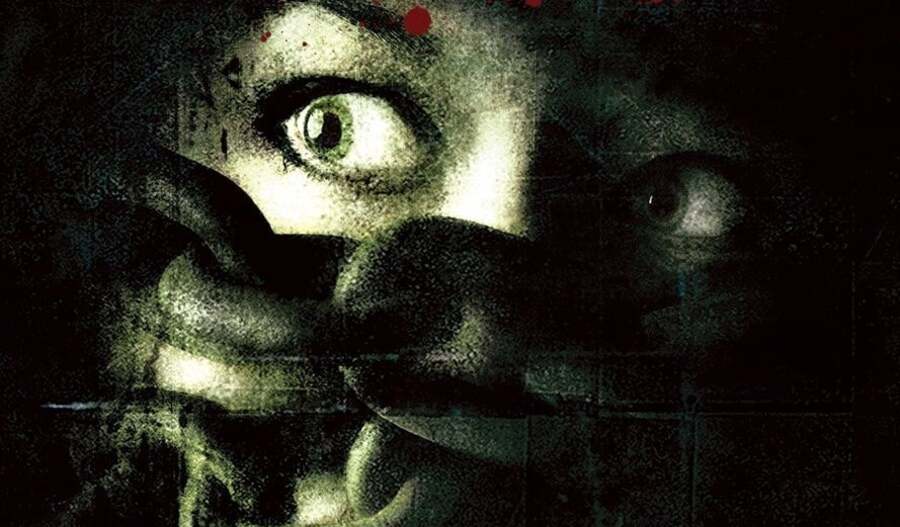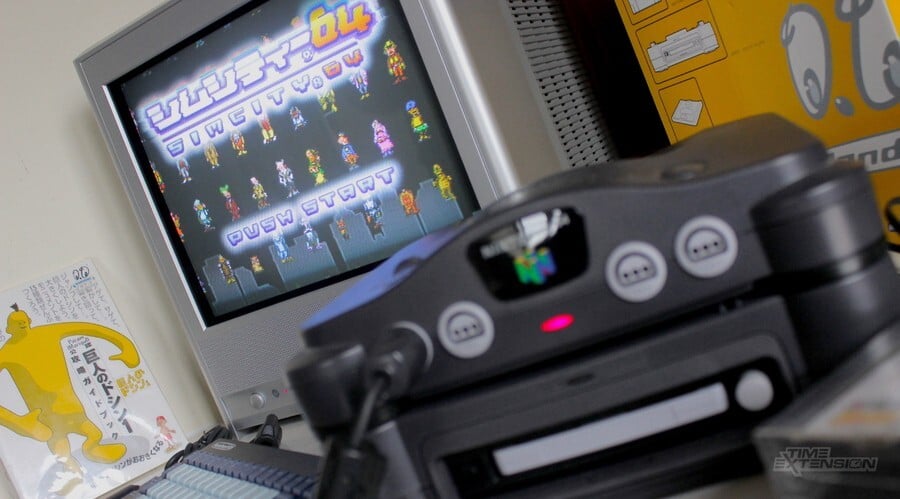
After Monolith Productions was closed earlier this year, bringing an end to the company's 30-year history, we've been reaching out to different developers who worked at the studio to hear their tales of what it was like working at the company.
This has revealed some fascinating stories about the development of games like F.E.A.R, Blood, Blood II, No One Lives Forever, and Gotham City Impostors, which we hope to share at a later date, as well as some interesting insights into some of the unrealized projects that were being bounced around the studio at one stage or another, like Claw 3D and Draedon. One project, in particular, that stood out to us during our conversations with ex-members of the studio was an unknown horror title Monolith was aiming to develop for the 64DD — the now infamous Japan-exclusive N64 add-on that has become something of a curiosity for researchers in recent years.
Asylum, as the project was set to be called, is a title we haven't been able to dig up any information on and, as far as we're aware, has never been publicly talked about at all. It was briefly in development in the late '90s and came to our attention thanks to Nick Newhard, the co-designer and lead programmer of the original Blood (who was also the person who pitched the initial concept and came up with the initial design).
Speaking to Newhard about Claw 3D and Draedon — two projects we were already aware of thanks to an old Lithtech Game Engine Demo that surfaced online a decade ago — the designer revealed there were also other projects the studio was considering, which included a horror game set inside an asylum that had been taken over by serial killers.
While he isn't 100% sure (we're reaching out to other ex-Monolith developers to confirm), he believes this concept may have had a small influence on the premise for Monolith's 2005 Xbox 360 game, Condemned: Criminal Origins — a title that saw players take control of an FBI agent hunting down various killers, including a mysterious figure known as the Match Maker.
"I pitched a game at Monolith called Asylum," Newhard told Time Extension. "Imagine a non-Batman detective-style character going into an insane asylum taken over by Joker-like characters — serial killers that were really far out there. I think we had one that was called the Blood Painter that basically killed to paint in blood — things like that."
According to Newhard, the project was not your typical Nintendo fair (at least, at the time) and hadn't actually originated as a project designed for Nintendo at all. Instead, it was simply one of a large number of ideas floating around the company at the time, and one, the developer explains, that importantly was missing a publisher. As a result, when individuals within the company expressed a desire to work with Nintendo, it was decided to see if they'd be able to develop the idea for the latest Nintendo platform, which at the time was going to be the 64DD (before its Western release was eventually scaled back and cancelled).
"We ended up with a 64DD dev kit," says Newhard. "But it was a really hard system to work with. It probably came around sort of serendipitously like we don't have a publisher for this but maybe we could work with Nintendo and then 'Well, how about using the 64DD?' And that's how that sort of came about. I don't recall taking the Asylum pitch and just going 'Hey, Nintendo can we make a horror game?" I think it was more like we had the pitch and that one seemed to be the one that would fit.

"In retrospect, it probably would have been better to take [an action-adventure game like] Draedon to N64DD, but ultimately it was sort of a doomed platform anyway and Asylum clearly wasn't the kind of game that Nintendo wanted to do at the time."
According to Newhard, some work was done for the project, but, ultimately, the proposition ended up proving just too dark for Nintendo to sign off on. In some ways, though, that is probably for the best, considering how the 64DD eventually panned out, with the add-on only ever having a very small market for its games.





